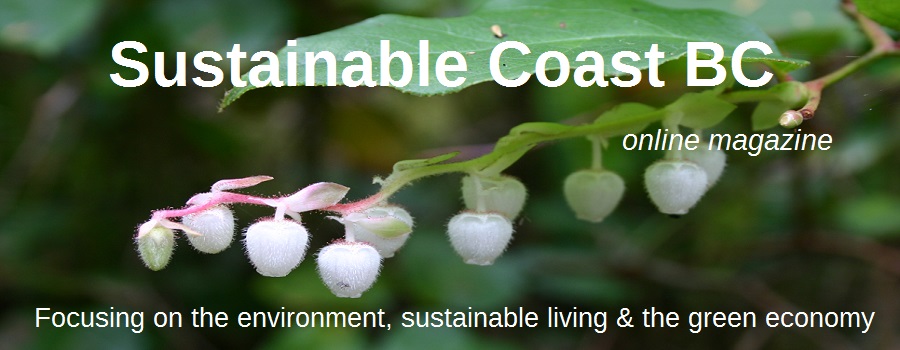Transitioning
Zero waste is a philosophy that encourages the redesign of resource life cycles so that all products are reused. Any trash sent to landfills is minimal. The process recommended is one similar to the way that resources are reused in nature.
Zero Waste is a goal that is both pragmatic and visionary, to guide people to emulate sustainable natural cycles, where all discarded materials are resources for others to use. Zero Waste means designing and managing products and processes to reduce the volume and toxicity of waste and materials, conserve and recover all resources, and not burn or bury them. Implementing Zero Waste will eliminate all discharges to land, water or air that may be a threat to planetary, human, animal or plant health.
In industry this process involves creating commodities out of traditional waste products, essentially making old outputs new inputs for similar or different industrial sectors. An example might be the cycle of a glass milk bottle. The primary input (or resource) is silica-sand, which is formed into glass and then into a bottle. The bottle is filled with milk and distributed to the consumer. At this point, normal waste methods would see the bottle disposed in a landfill or similar. But with a zero-waste method, the bottle can be saddled at the time of sale with a deposit, which is returned to the bearer upon redemption. The bottle is then washed, refilled, and resold. The only material waste is the wash water, and energy loss has been minimized.
Zero waste can represent an economical alternative to waste systems, where new resources are continually required to replenish wasted raw materials. It can also represent an environmental alternative to waste since waste represents a significant amount of pollution in the world
The old approach to dealing with waste (garbage) has created many environmental and economic problems on the Sunshine Coast. This is one of the areas where our elected officials and regional staff are not providing leadership, in spite of making committments to embrace this goal. Find out more about changing the strategy to resource recovery and the "ZERO waste" movement:
- Target Zero Canada
- The Story of Stuff with Annie Leonard
- ZW principles, The Zero Waste Institute
- Zero Waste FAQs, The Zero Waste Institute
- Zero Waste Systems with Eric Lombardi.
- Zero Waste Basics, Grass Roots Recycling Network
